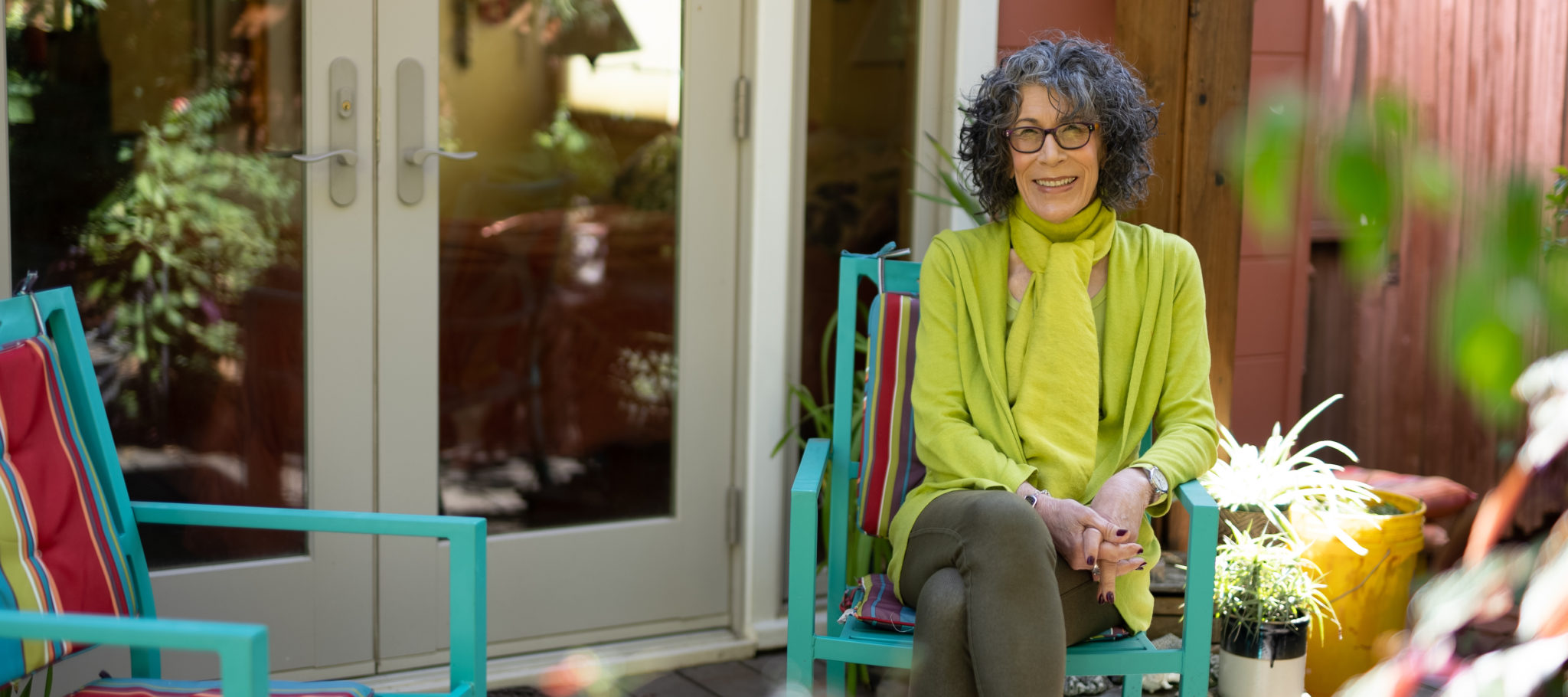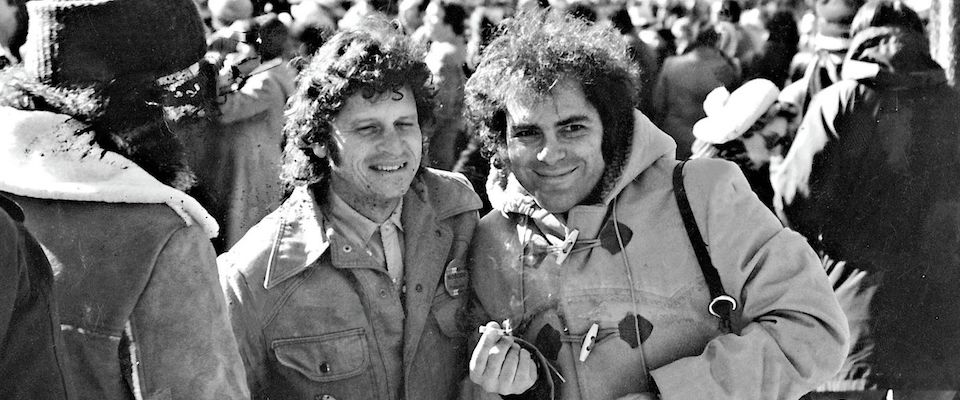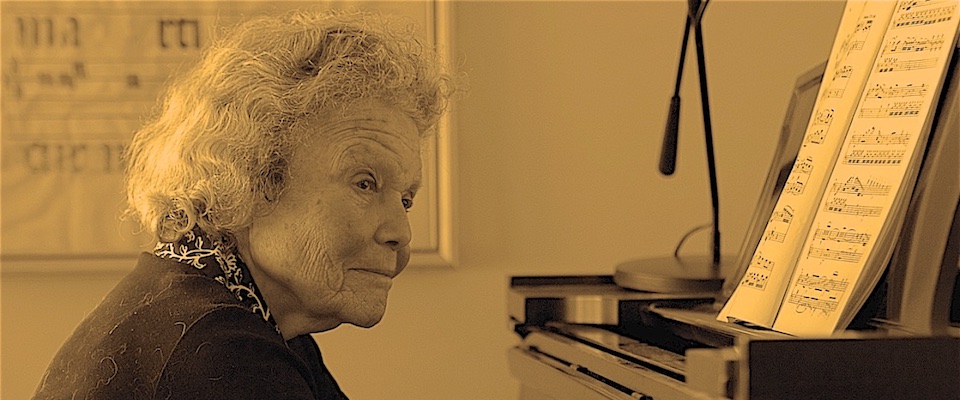In high school, one of Nancy Rubin’s teachers had his students write a letter to themselves that he surprised them with at the end of the semester.
“I probably said I went shopping,” Rubin said recently, while sitting at a café in North Berkeley. But even her unmemorable letter had an effect: She brought the idea to her Social Living class at Berkeley High School, where she taught for 25 years, beginning in 1969. But Rubin added a twist. Instead of returning the letters at the end of the semester, “I just kind of thought, why not make this whenever they want?”
The story is told in “Hi I’m Nancy Rubin,” one in a series of Magnolia Network minidocumentaries collectively called Hi I’m (also streaming on HBO Max and Discovery+). Episode two of the second season follows Rubin’s class project as her students, now well into adulthood, receive their letters 20, 30, even 40 years after writing them. At the time, she asked them to put a (hopefully) permanent address on their letters and enough postage stamps to account for inflation. She then organized them in Cheese Board pizza boxes, marked by year.
In the episode, a few students read their letters aloud. Parts of the letters are mundane. One student asks his later self if his band ever made it off the ground and whether he passed fourth-level Spanish. (Answers: no and yes.) Others strike a deeper chord. One young woman, miserable in high school, hopes she is doing better in the future. Another preemptively forgives himself if he didn’t get the wife and family he always wished for. A few tell their adult selves that they love them.
The letters force the readers to reflect back on their high school days, and the many lives they have lived since. It helps that the episode includes archival footage from a 1994 Frontline documentary about Berkeley High, produced more than 20 years after the school district voluntarily desegregated—one of the first in the country to do so.
Berkeley High was unusual in other ways. Some students were the children of Nobel laureates while others were homeless. They came from homes where eighty-three different languages were spoken. In Rubin’s class, they all came together.
It wasn’t easy. Rubin said she used to write letters to her parents headed “Typical Day at the Office, Number 487,350,” for example. “Because there was never a typical day at the office. Once in 24 hours, four girls told me they were pregnant,” Rubin recalled. “A typical teen is going through enough angst and self-image [issues] and figuring out who they are … but I also knew that so many of them were coming from dysfunctional families and domestic violence.”
In her Social Living class, which one of Rubin’s students described as “sex ed with a Berkeley bent,” she forced her students to confront the issues most pressing to them. In just nine weeks, they discussed everything from birth to death, including suicide, domestic violence, rape, and AIDS prevention.
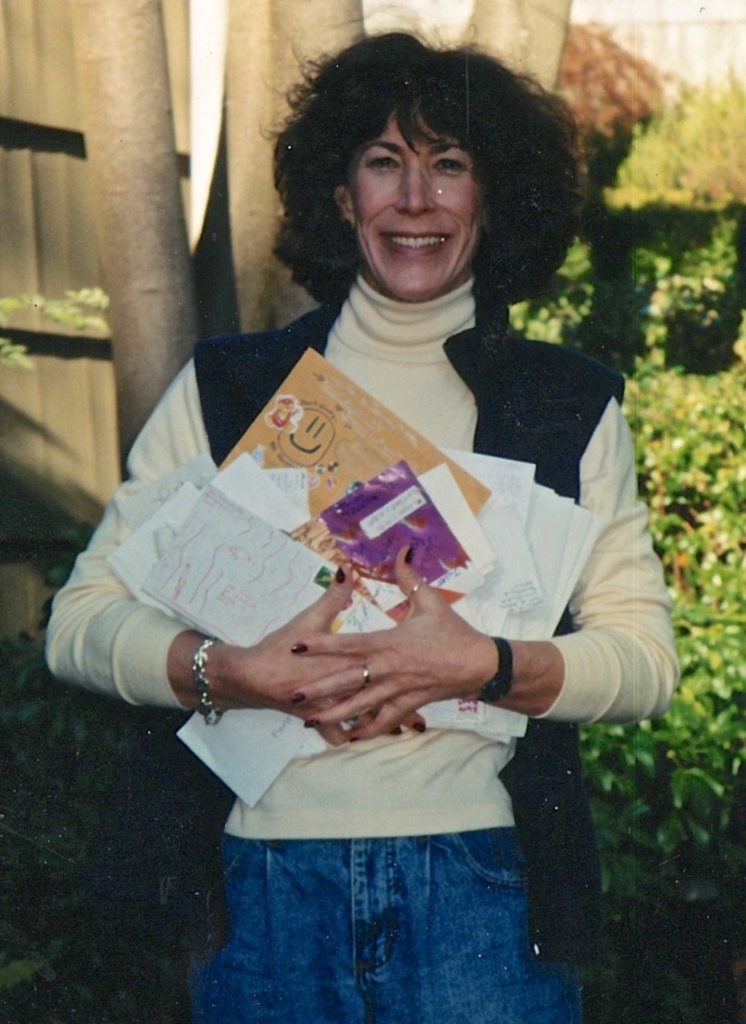
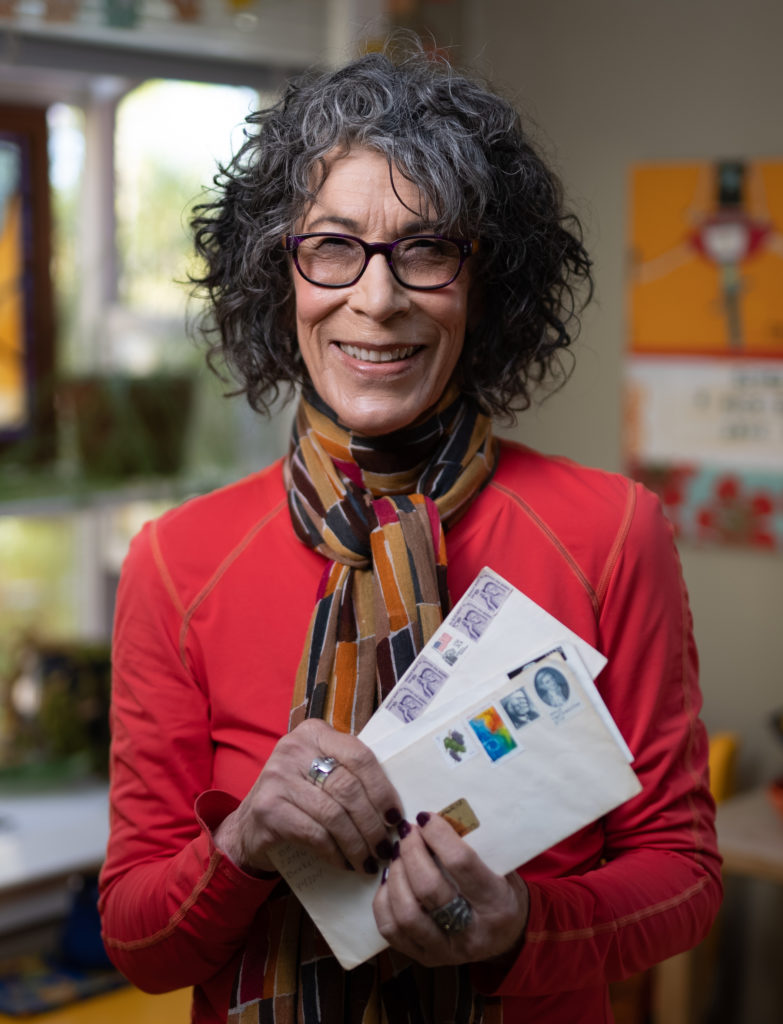
It was a far cry from her own experience with sex education. She recalled her eighth grade science teacher telling the class that sexual intercourse was like putting a plug into an outlet. It sounded to her like electrocution.
At Los Angeles High School, both her Latin teacher and her guidance counselor told her she would never make it through UC Berkeley, but she did, graduating from Cal in 1967 with a bachelor’s in sociology.
“I never wanted to say anything negative. I always wanted to be supportive because those words can hurt so much,” Rubin said. “Kids remember from kindergarten, first grade, [that] this teacher said something negative.”
Rubin thinks teaching is even harder today than when she was in the classroom. Cell phones and social media have added to the difficulty, and it’s harder and harder to make a living as a teacher. Nevertheless, she has seen many former students go into teaching, and she thinks there will always be amazing teachers who, despite everything, will be there for their kids. Her story has already inspired other educators. One UC Berkeley law professor told Rubin he decided not to retire after watching the episode. He said it reminded him of the impact his teaching can have.
The story isn’t finished. She still has letters left from the old Cheese Board boxes—the ones marked “Send as late as possible.” Asked when she’s going to mail them, she laughed.
“Maybe when I’m 80,” she said, then added, “which isn’t that far off!”











